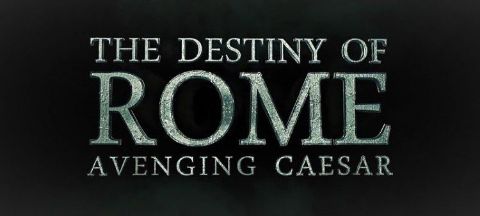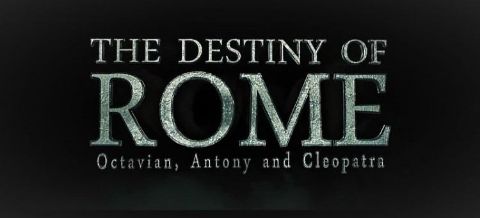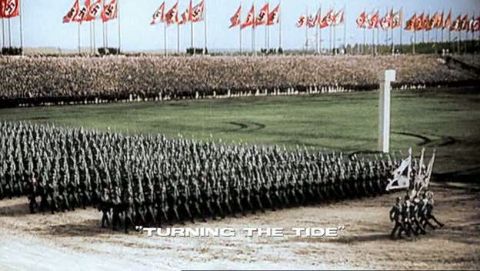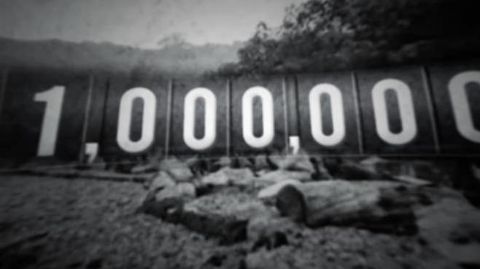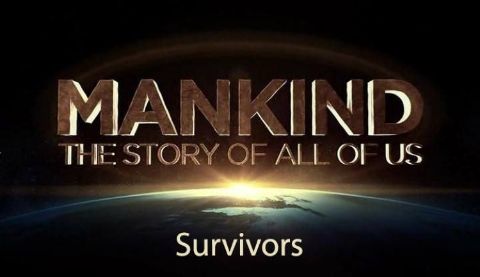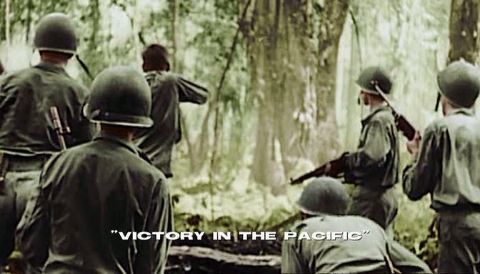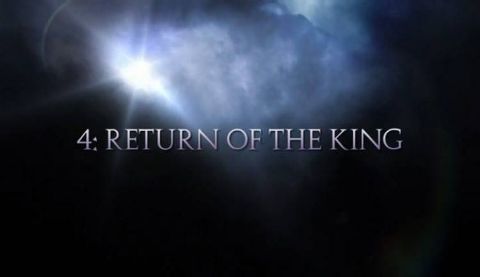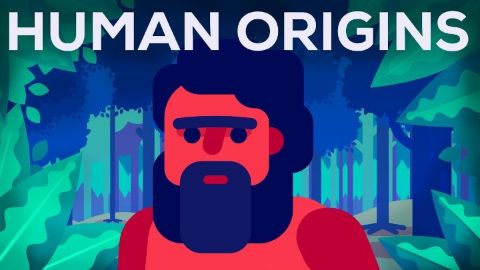The Destiny of Rome: Series 1 • 2011 • 2 episodes •
Marc Antony and Octavian were part of the triumvirate seeking to avenge Caesar. The two leaders managed to combine their forces to punish Brutus and Cassius, Caesar’s assassins, following the Battle of Philippi in 42 BC. But how would the ambitions of the two men collide as time went on?
2011 • History
After Caesar, Antony and Octavian divided the empire for a time. But there could only be one successor to Caesar. Ten years later, the supreme strategist Octavian waged a critical naval battle, the Battle of Actium, against his former ally, Antony, who now had the backing of Cleopatra.
2011 • History
